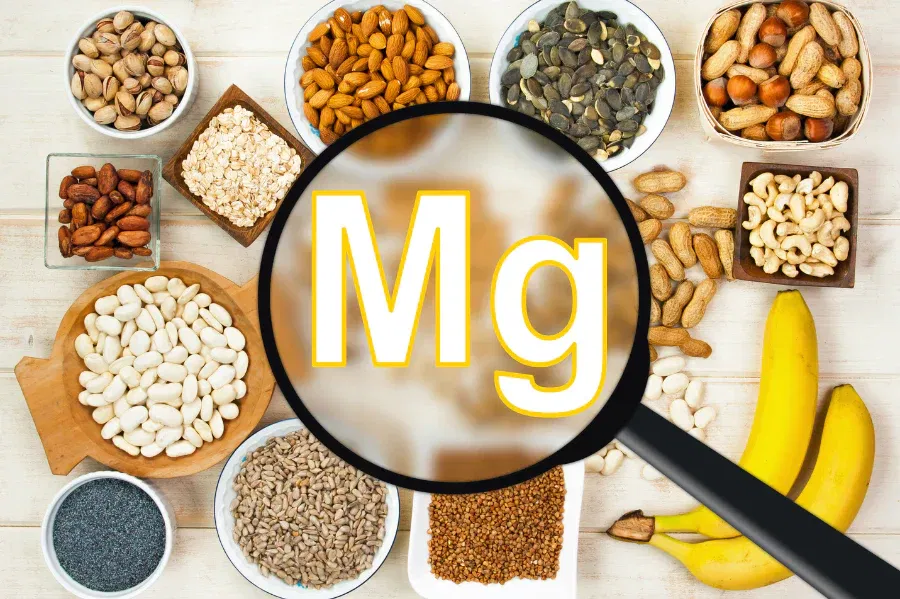
As we age, maintaining good health becomes more than just a goal—it becomes a daily necessity. One mineral that often flies under the radar but plays a crucial role in senior health is magnesium. From supporting bone health to improving sleep and heart function, magnesium is an unsung hero, especially for people over 60. But how can seniors use it effectively? Let’s break it down.
Why Magnesium Matters for Older Adults

Magnesium is involved in over 300 biochemical reactions in the body. For seniors, it helps:
- Maintain strong bones (along with calcium and vitamin D)
- Regulate heart rhythm and blood pressure
- Relax muscles and nerves
- Improve sleep and mood
- Support blood sugar control
Unfortunately, many seniors are deficient in magnesium due to reduced absorption with age, certain medications (like diuretics or PPIs), and dietary changes.
Recommended Daily Intake
According to the National Institutes of Health:
- Men over 51: 420 mg/day
- Women over 51: 320 mg/day
These numbers can vary slightly depending on individual health conditions, so it’s always best to consult a healthcare provider.
Best Food Sources of Magnesium

The best way to get magnesium is through food. Seniors should aim to include the following magnesium-rich items in their daily meals:
- Leafy greens (spinach, kale, Swiss chard)
- Nuts and seeds (almonds, pumpkin seeds, sunflower seeds)
- Whole grains (brown rice, oatmeal, quinoa)
- Legumes (black beans, chickpeas, lentils)
- Avocados and bananas
- Dark chocolate (in moderation!)
- Try combining these into easy-to-digest meals like vegetable soups, smoothies, or whole grain bowls.
What About Supplements?
If diet alone isn’t enough—or if a doctor identifies a deficiency—magnesium supplements may help. Common forms include:
- Magnesium citrate: Easily absorbed, good for mild constipation
- Magnesium glycinate: Gentle on the stomach, calming effect
- Magnesium oxide: High dose, but less absorbable
Tips for safe supplementation:
- Start with a low dose (100–200 mg/day)
- Take it with food to avoid stomach upset
- Avoid taking it with calcium at the same time—absorption can interfere
- Do not exceed 350 mg/day from supplements unless under medical supervision
Signs of Too Little or Too Much Magnesium

Low magnesium can cause:
- Muscle cramps
- Fatigue
- Irritability
- Irregular heartbeat
Too much magnesium, especially from supplements, can lead to:
- Diarrhea
- Nausea
- Low blood pressure
- In extreme cases, heart problems
That’s why balance is key.
Final Thoughts
Magnesium is a small mineral with a big impact, especially for seniors. Whether through food or supplements, making sure you get enough can improve energy, sleep, muscle function, and heart health.
As always, talk to your doctor before starting any supplement. With the right approach, magnesium can be an easy and natural way to support healthy aging.















